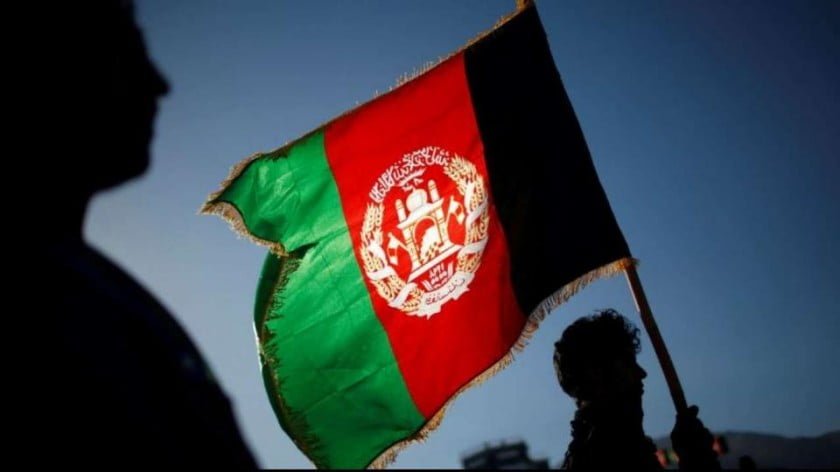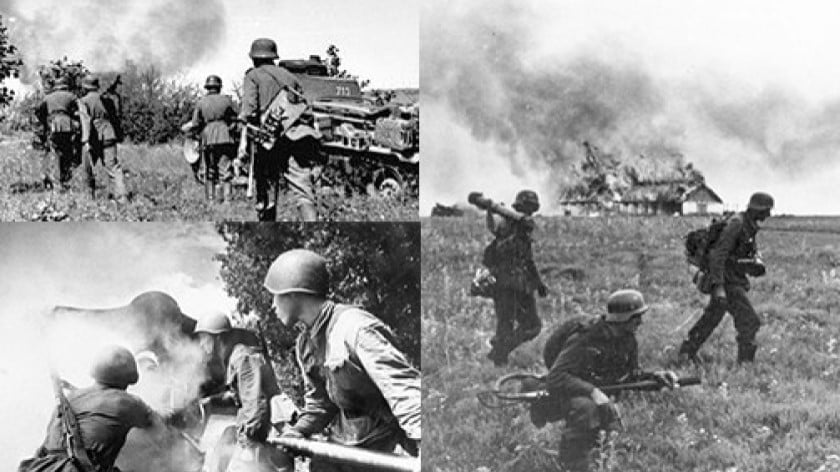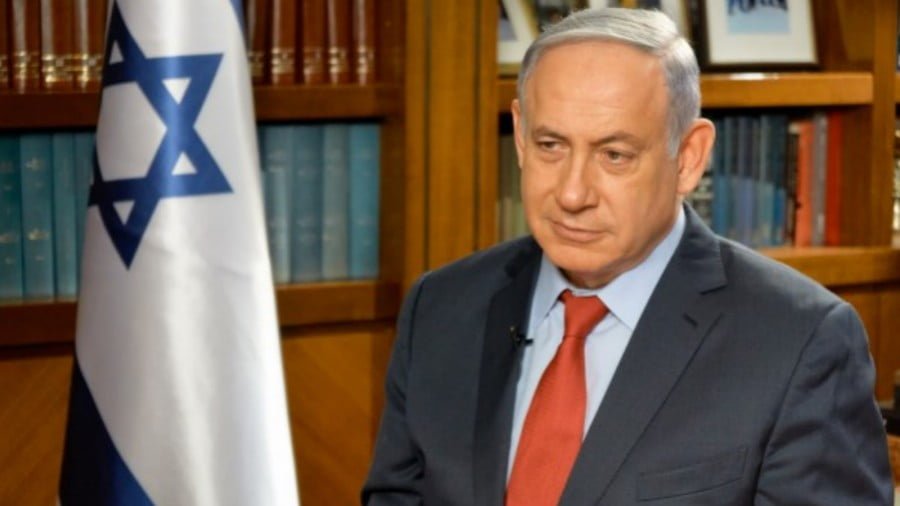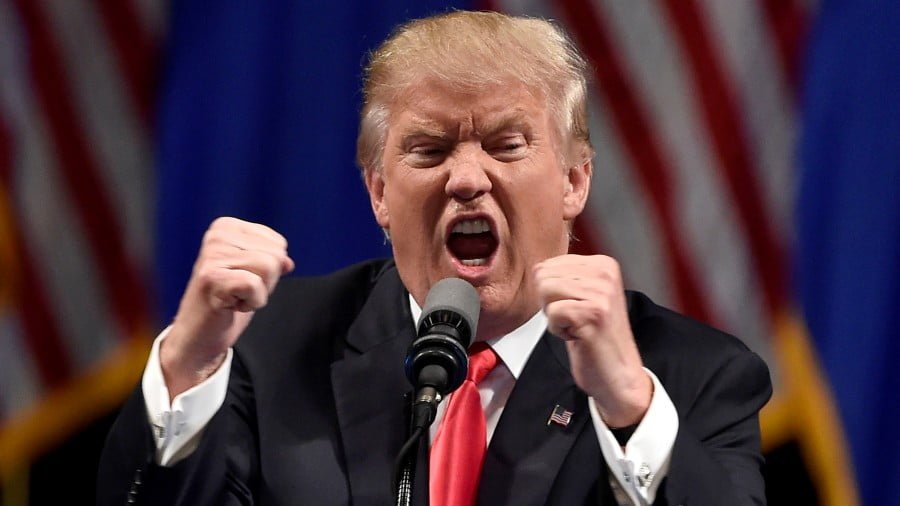Russian Views on the Separatist Referendums in Spain and Iraq
The recent referenda in Catalonia and Kurdistan, while by no means crucial developments for Russia, have resulted in a lively debate in the Russian media and the Russian public opinion. The Kremlin itself has refrained from making any strong statements, possibly indicating that there might be several schools of thought on these issues in key ministries. Let’s look at these two situation from the Russian point of view.
Kurdistan:
This is the comparatively simpler one of the two: there is no way Russia is going to take the risk of alienating Iran, Iraq, Syria and Turkey. Furthermore, “independent Kurdistan” is so clearly a US-Israeli project that there is no constituency in Russia supporting this concept. Or is there?
Let’s not forget the for all the official smiles and declarations of mutual friendship, Erdogan is not, and will never, be trusted by the Kremlin. Furthermore, let’s not forget that Russia and Turkey fought 12 (twelve!) wars (1568-1570, 1672-1681, 1686-1700, 1710-1713, 1735-1739, 1768-1774, 1787-1791, 1806-1812, 1828-1829, 1853-1856, 1877-1878, 1914-1918). Neither should we forget the role Turkey played in supporting Takfiri terrorism in Chechnia. Or the fact that Erdogan himself bears a huge responsibility in the bloodbath in Syria. Oh and there is the issue of the Russian bomber shot down (with US assistance) over Syrian airspace. So, all in all, there is a lot in the past and the Russians will not ignore it. While it is most definitely not in the Russian national interest to fully support an independent Kurdistan anywhere (meaning not in Turkey, not in Iraq, not in Iran and not in Syria), a Realpolitik approach would strongly suggest that the Russian have an objective interest in keeping the Kurdish issue festering just to have a potential leverage against Turkey. Is that cynical? Yes, absolutely. I am not saying that this is morally/ethically right, only that there will be those in Russia who will make that case.
I think that the real issue for Russia is this: is peace between Russia and Turkey even possible? I personally believe that it is and, not only that, but I even believe that peace between Russia and Turkey is absolutely necessary. And that, in turn, means that it might even be inevitable. Let me explain.
First, 20th, 19th, 18th, 17thand 16th century dynamics are simply not transferable to the 21st century. If the geographical factors have not changed during the past centuries, military realities have. Yes, Russia and Turkey still can compete for influence or for the control of the Black Sea, but for the first time in history the outcome of a Russian-Turkish war has become absolutely predictable: Russia wins, Turkey loses or even disappears entirely. The Russians know that, and so do the Turks. This is exceedingly unlikely to change in the foreseeable future.
Second, I would argue that Russia and Turkey have common problems and common enemies. Sure, Turkey is still a member of NATO, I don’t think that will change anytime soon, but this membership is in the process of losing a lot of its substance. The attempted coup against Erdogan, which was fully backed and supported by the US, is a stark illustration that with friends like the US Turkey needs no enemies. So look at it from the Turkish point of view: what do Russia and the US want for Turkey? The US want Turkey to be a US colony and use against Russia, Iran and the Arab states in the region and in support of Israel. What does Russia want from Turkey? To be a predictable, reliable and truly independent partner with whom Russia can work. Now if you were Turkish, which option would most appeal to you?
Third, former enemies can become partners – just think of France and Germany for example. That can happen when objective factors combine with a political will and jointly “push” towards a fundamental transition from enemies to partners. I am increasingly inclined to think that this might be happening between Russia and Turkey.
I don’t think I am being Pollyannish here. And yes, there are still plenty of problems in Turkey which can flare-up, including Ergodan’s megalonania, neo-Ottoman imperial delusions, a nasty type of Ottoman Islamism, Turkey’s toxic policies towards Cyprus, Greece and Serbia, etc. But Russia cannot complain about the blind stupidity of East-Europeans who fail to grasp the fundamental differences between the old USSR and the new Russia while at the same time acting as of modern Turkey was the old Ottoman Empire. There are moments in history when what is required from wise leaders is to have the intellectual courage to understand that something fundamental has changed and that old dynamics simply do not apply. At the very least, Russia ought to do everything in her power to encourage Turkey to abandon its old ways and to follow Russia in her realization that her future is not with the West, but with the South, East and North.
Fourth, the Kurdish question also presents a serious indirect risk for Russia: even if Russia is not directly involved, any tensions or, God forbid, war between any combination of Turkey, Iran, Syria and Iraq would be a disaster for Russia because all of these countries are, to various degrees, Russian allies. Any conflict between these countries would weaken them and, therefore, weaken Russia too.
For all these reasons, I am personally convinced that having a festering Kurdish problem is not in the Russian national interest. However, neither is it in the Russian national interest to try to become deeply involved in this issue. At most, the Russians can offer to act as intermediaries to help the parties find a negotiated solution, but that’s is about it. Russia is neither an empire nor a world policeman and she has no business trying to influence or, even less so, control outcomes in this thorny issue.
Israel and the US will do everything they can to prevent Turkey from integrating itself into regional partnerships with Russia or Iran, but this might not be enough to prevent the Turks from realizing that they have no future with the EU or NATO. In the AngloZionist Empire some are more equal than others, and Turkey will never be granted any kind of real partnership in these organizations. The bottom line is this: Russia has a lot to offer Turkey and I believe that the Turks are beginning to realize this. Russia can, therefore, do much better than to simply support Kurdish separatism as a way to keep pressure on Ankara. “The enemy of my enemy is my friend” is too primitive to be at the foundation of Russia’s policies towards Turkey.
For all these reasons I don’t see Russia supporting Kurdish separatism anywhere. Russia has nothing to gain by supporting what is clearly a US-Israeli project aimed at destabilizing the entire region. I believe that the Kurds themselves have made a huge historical mistake by aligning themselves with the US and Israel and that they therefore will now reap the bitter fruits of this strategic miscalculation: nobody in the region supports a “2nd Israel” (except Israel, of course) and neither will Russia.
Catalonia
Catalonia is far away from Russia and the outcome of the crisis there will have no real impact on Russian national interests. But on a political level, Catalonia is highly relevant to the Russian political debates. See for yourself:
The case of Catalonia can be compared to Crimea: a local referendum, organized against the will of the central government. In contrast, when Kosovo was cut-off from Serbia in total illegality and without any kind of referendum the entire West gave this abomination a standing ovation. The Russians then issues stark warnings about the precedent this set and thereafter South Ossetia, Abkhazia and Crimea happened. Is the secession of Catalonia not the next logical step? Is there not a karmic beauty in the fact that Spain and the rest of the EU are now being hit by the very same demon they unleashed in Kosovo? There is a definite Schadenfreude for many Russians in seeing the pompous asses of EU politicians sitting on the red ants nest of separatism – let’s see how smart and “democratic” you guys truly are?! It is rather funny, in a bitter-sweet way, to see how ‘democratic’ policemen beat up peaceful demonstrators whose only “crime” was to want to cast a ballot in a box. A lot of Russians are now saying that Russia is now the only truly democratic and free country left out there. Needless to say, the way the Madrid government handled this situation further damage the credibility of the West, the EU and the entire notion of “civilized Europe” being “democratic”.
My feeling is that the way the central government handled this event alienated most Russian who are simply baffled by the utter stupidity and needless brutality of the police crackdown during the vote: what in the world were the cops trying to achieve?! Did they really think that they could prevent the vote? And what is the point in then denying that a referendum did take place? Or what about the praise for the police and their behavior? I have to say that for all my pro-Spanish biases, the way Madrid handled it all truly seems fantastically stupid and self-defeating to me.
Historically, the USSR was on the Republican side during the Spanish Civil war and there are still a lot of ties between Russia and Catalonia today. However, there is also s sympathy between Russia and Spain and the Russians understand that Spain is supporting any and all US policies towards Russia because it is a voiceless and totally subservient US colony. Still, a lot of Russian commentator did speak about Madrid’s “Fascism” in handling the events in Catalonia, and footage of anti-separatists screaming Francoist slogans did not help.
Some Russians, however, mostly liberal, caution about supporting separatism movements in Europe because Russia herself in multi-national and because of the risk of the separatist fad coming right back to Russia. I don’t think that this is much of a real risk for Russia. Not after Chechnia. I just don’t see any region in Russia really interested in trying to secede from the Russian Federation. If anything, I see more potential for various region on the other side of the Russian border wanting to join Russia (Novorussia to begin with).
The question which divides a lot of Russians is this: is Russia better off with a strong EU because a strong EU might be more capable of standing up to the US or is Russia better off with a weak EU because a weak EU weakens the Western ‘front’ against Russia? My personal opinion is that EU is doomed anyway and that a collapse of the EU would be a good thing for the people of Europe as it would bring closer the inevitable decolonization of the European continent. This suggests to me that while the eventual outcome of the current crisis is probably irrelevant to Russia, the fact that a crisis is happening is to Russia’s advantage.
I think that most Russians have positive feelings towards both Spain and Catalonia. The only clearly negative feelings I have seen over the past couple of days are elicited by the brutal and dumb way Madrid handled this crisis: most Russians are sincerely appalled at the violence and at the hypocrisy of the EU politicians. But other than that, the Kremlin’s position that “this is an internal Spanish issue” is probably supported by a majority of experts. Russia has nothing to gain by involving herself in this crisis and she therefore won’t do so.
Conclusion
Potentially, the recent referendums in Kurdistan and Catalonia have the potential to turn into the proverbial spark which will set off a major explosion. The Russians are aware of that risk and will do whatever they can to avoid such an outcome. Unlike the US which thrives of crises, hence the overt support for the Kurds and the covert support for the Catalans, Russia’s “political model” (in the sense of “business model”) does not need crises at all, in fact the Russians dislike them intensively (yet another reason why the notion of a Russian invasion of any country, including in the EU, is just simply ignorant and plain stupid). There is a paradox here: the US, whose military has not had a meaningful victory since the war in the Pacific, thrives on conflict, chaos and violence, while Russia, which probably has the most formidable military on the planet, seems to consider conflicts like a plague which needs to be avoided at all costs. In reality, there is no paradox here, these are simply to dramatically civilizational models which have fundamentally different visions of the kind of world they want to live in. Whatever happens in the future, the Russians will be observing these two conflicts with some trepidation, and they will hotly debate them. But I don’t see them trying to actively involve themselves in what is fundamentally not their problem.
By The Saker
Source: The Unz Review







